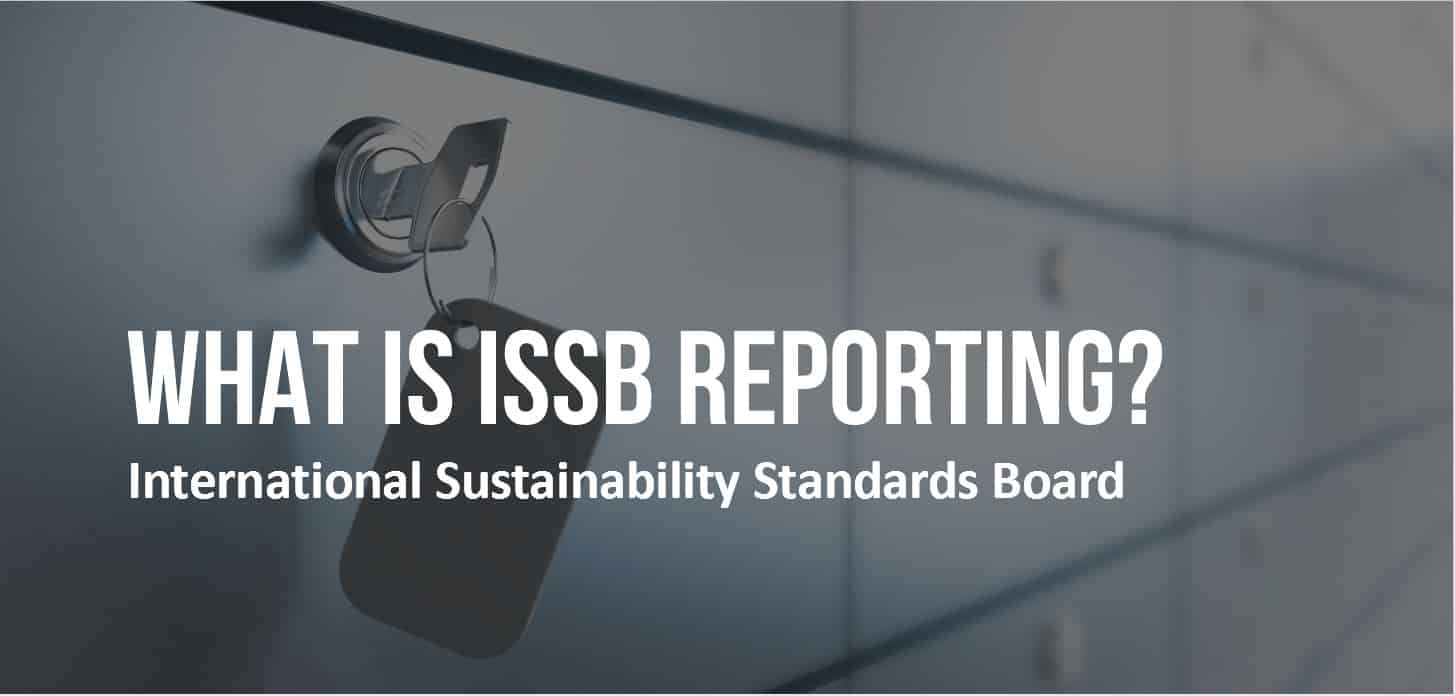
The ISSB standards, aligning with concepts underlying the existing IFRS accounting standards, refer to sustainability information as “sustainability-related financial disclosures” and require their inclusion within general-purpose financial reports to facilitate investor decision-making.
In terms of the information to be reported, the ISSB takes a more principle-based approach, distinguishing itself from other standards by offering greater flexibility. It places the responsibility on the reporting entity to determine the information to be disclosed through a materiality assessment. The UN core working group coordinated by UN DESA, has instead advocated limiting company discretion to reduce the risk of incomplete and inconsistent reports. For example, the European Sustainability Reporting Standards (ESRS) proposed by the European Financial Reporting Advisory Group (EFRAG) strike a balance by including mandatory sector-agnostic KPIs alongside sector-specific voluntary indicators. A materiality assessment is also required, albeit only for framing voluntary disclosures.
The UN core working group led by UN DESA will keep working with the ISSB to encourage consideration of these best practices and to move towards more interoperability between the standards. The concept of interoperability is at the center of current discussions, not only regarding information requirements but also in relation to the concept of materiality. The “single materiality” approach adopted by the standards stands in contrast to the “double materiality" perspective embraced by other standards, such as the Global Reporting Initiative (GRI) standards and the ESRS. Double materiality considers both how sustainability impacts the business's financial performance, as well as the reciprocal impact of the business on society and the environment. To bridge these differences, the ISSB and the EU have engaged discussions on interoperability, which have led the ISSB to make some revisions to its final standards and the EU to issue revised ESRS in June 2023. Nonetheless, some key differences remain, including around climate-related disclosures (which are more detailed in the ESRS) and the concept of materiality. A continued commitment will be essential to achieve interoperability between the ISSB and the ESRS.
Despite the collaborative strides made with the European Union, there have been no significant breakthroughs with the Securities and Exchange Commission (SEC) in the US, in spite of the impending release of its climate-related disclosures in October 2023. While the ISSB and SEC standards were both developed based on the Taskforce on Climate-Related Financial Disclosures (TCFD), significant distinctions exist between the two. The US has not adopted the IFRS general accounting standards (used by more than 140 other jurisdictions), which form the basis of the ISSB standards. Furthermore, the anti-ESG movement in the US has voiced opposition to the SEC's authority in regulating climate-related disclosures, specifically targeting Scope 3 greenhouse emissions disclosure. Conversely, the ISSB made reporting on Scope 3 emissions a mandatory requirement, which has garnered positive feedback from stakeholders.
Looking to the future, ISSB standards will be implemented starting from January 2024 and companies are expected to begin issuing disclosures in 2025, with temporary transition reliefs available. In this context, PRI’s CEO has called on global policymakers to make ISSB mandatory by 2025.
The ISSB’s responsibilities do not stop at standard setting. At COP27, it announced plans for a capacity building partnership program, helping to establish the necessary resources for high quality reporting across developed and emerging economies. The UN working group coordinated by UN DESA is amongst the 20 partners actively involved in this initiative.